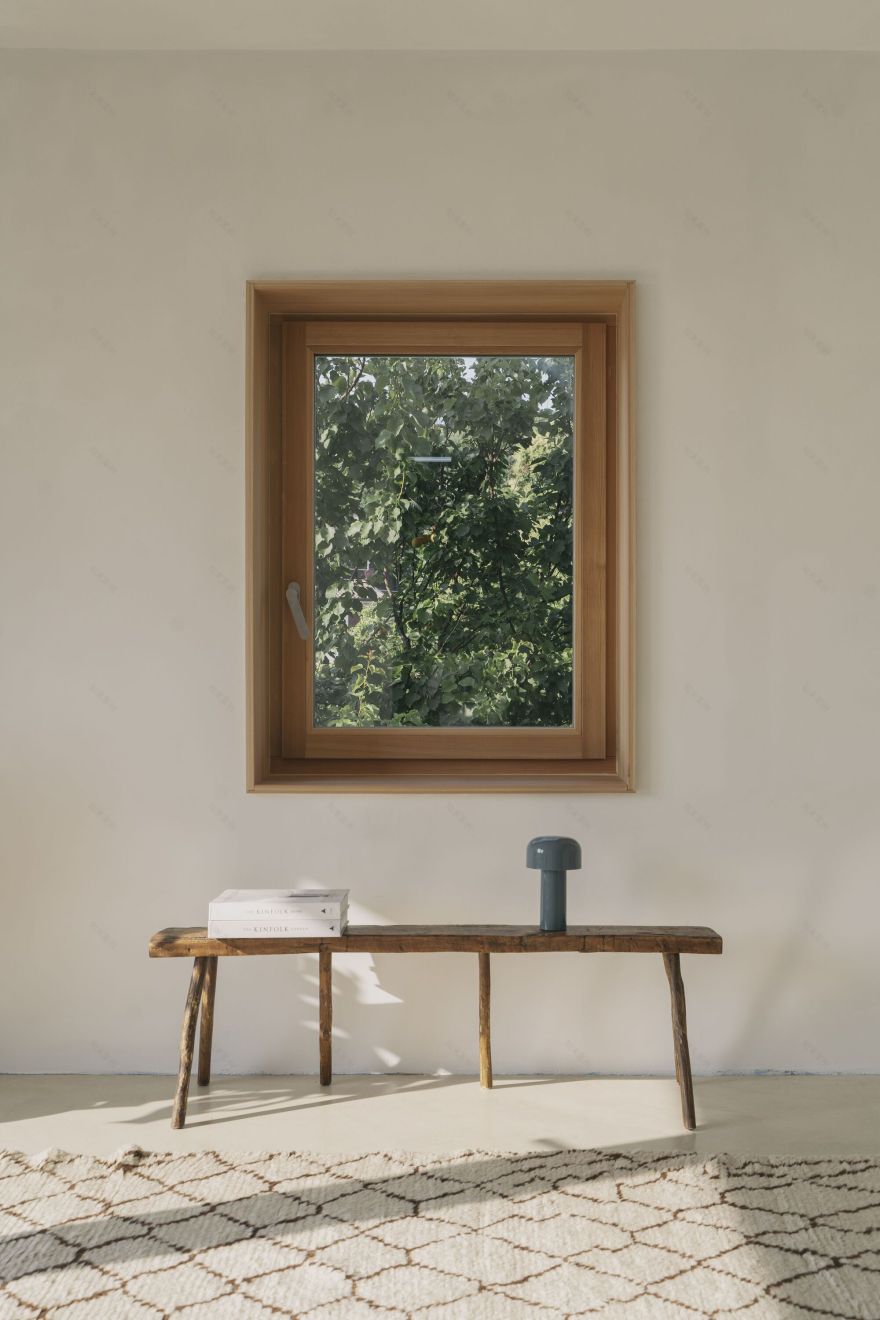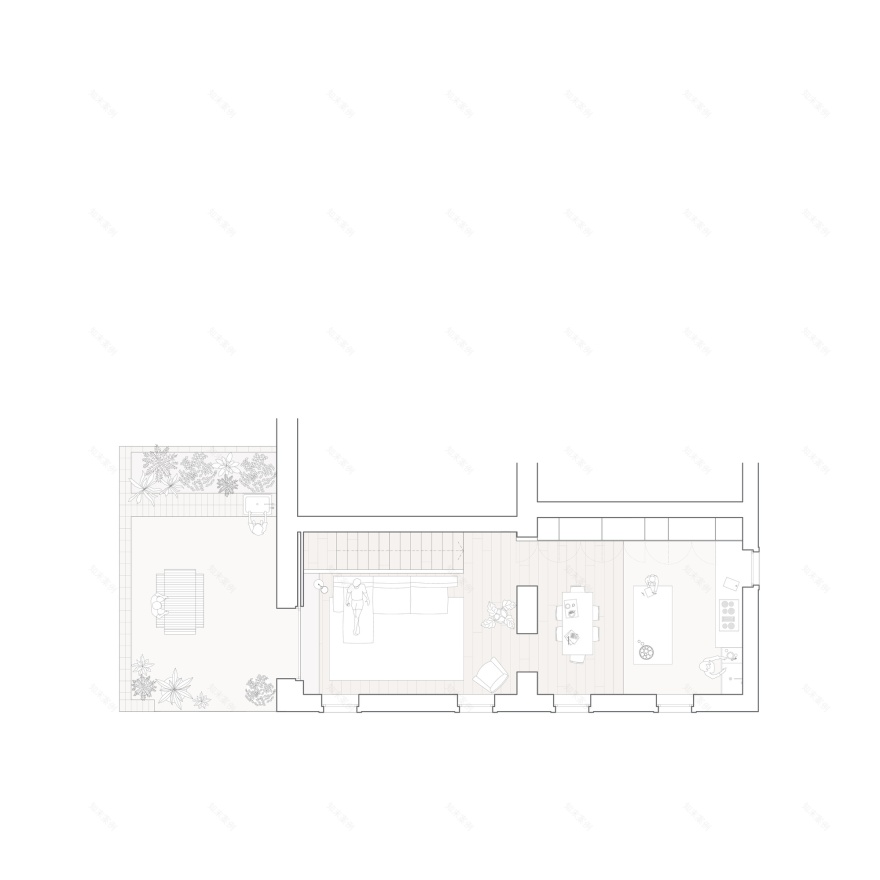查看完整案例

收藏

下载

翻译
Architects:Futura | Squaranto Associati
Area:160m²
Year:2022
Photographs:Catalogo Studio - Maria Francesca Lui, Marco Lumini
Manufacturers:41zero42,Friulparquet,Special Marmi,Squaranto Associati,Tecnobitre
Construction Company:Edil Monte Croce
Project Team:Elia Peroni, Cristina Pérez Sahagún, Corrado Grazioli
City:Verona
Country:Italy
Text description provided by the architects. The apartment occupies the first and second floors of a house that has stood for over a century on the hill overlooking the Val Squaranto, east of Verona. This house is located on the slope of the hill, at the highest point of the inhabited center, and once housed the village bar, which, precisely because of its location at the top of a long and steep ascent, was called “La Alpina.” Despite its advantageous location, the apartment initially failed to capitalize on the breathtaking 180-degree vista of the valley. The original layout prioritized utility rooms, stairs, and corridors along the main facade relegating the primary living areas to the interior, far removed from the captivating views and natural light.
The initial design challenge was to completely rethink the layout. We aimed to relocate storage and utility spaces to the center, away from the scenic views, while reserving the perimeter for areas meant to be enjoyed, facing the valley. To achieve this, it was necessary to demolish almost all vertical partitions and to carry out a few structural interventions. To maximize the privileged position of the apartment occupying the first and second floors of the old house, it was decided to reverse the common tendency of placing the living area on the lower floor and the sleeping area on the upper floor. The project indeed sees on the top floor the sequence of the three most lived-in spaces of the house: the kitchen, the living room, and a new large terrace, while downstairs we find a spacious entrance, the bedrooms, a service block, and a creative studio.
Each of the existing windows offers successive fragments of the view of the valley, framing the nearby medieval castle, large cypress trees, historic villas, and vineyards, while access to the terrace is through a large new window that slides disappearing entirely into the wall, eliminating any barrier between indoors and outdoors. The oak forests and nearby Lessinia mountains, visible from the terrace, are echoed in the materials that define the entire apartment. Characterized by “biancone della Lessinia” marble and large oak wood planks for the flooring, the space, together with the concrete floor, exudes a natural ambiance. The terrace, also paved in concrete, is surrounded by a wall and an outdoor kitchen built with reclaimed terracotta bricks from the demolition of a nearby farmhouse.
Project gallery
客服
消息
收藏
下载
最近
































